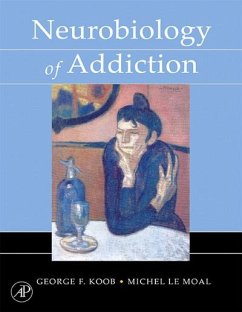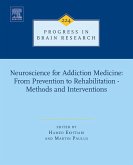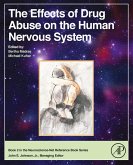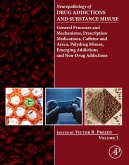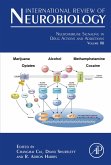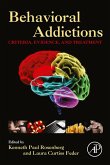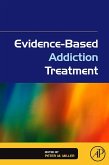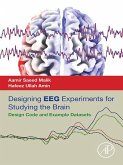Neurobiology of Addiction is conceived as a current survey and synthesis of the most important findings in our understanding of the neurobiological mechanisms of addiction over the past 50 years. The book includes a scholarly introduction, thorough descriptions of animal models of addiction, and separate chapters on the neurobiological mechanisms of addiction for psychostimulants, opioids, alcohol, nicotine and cannabinoids. Key information is provided about the history, sources, and pharmacokinetics and psychopathology of addiction of each drug class, as well as the behavioral and neurobiological mechanism of action for each drug class at the molecular, cellular and neurocircuitry level of analysis. A chapter on neuroimaging and drug addiction provides a synthesis of exciting new data from neuroimaging in human addicts - a unique perspective unavailable from animal studies. The final chapters explore theories of addiction at the neurobiological and neuroadaptational level both from a historical and integrative perspective.
The book incorporates diverse finding with an emphasis on integration and synthesis rather than discrepancies or differences in the literature.
· Presents a unique perspective on addiction that emphasizes molecular, cellular and neurocircuitry changes in the transition to addiction
· Synthesizes diverse findings on the neurobiology of addiction to provide a heuristic framework for future work
· Features extensive documentation through numerous original figures and tables that that will be useful for understanding and teaching
Dieser Download kann aus rechtlichen Gründen nur mit Rechnungsadresse in A, B, BG, CY, CZ, D, DK, EW, E, FIN, F, GR, HR, H, IRL, I, LT, L, LR, M, NL, PL, P, R, S, SLO, SK ausgeliefert werden.

